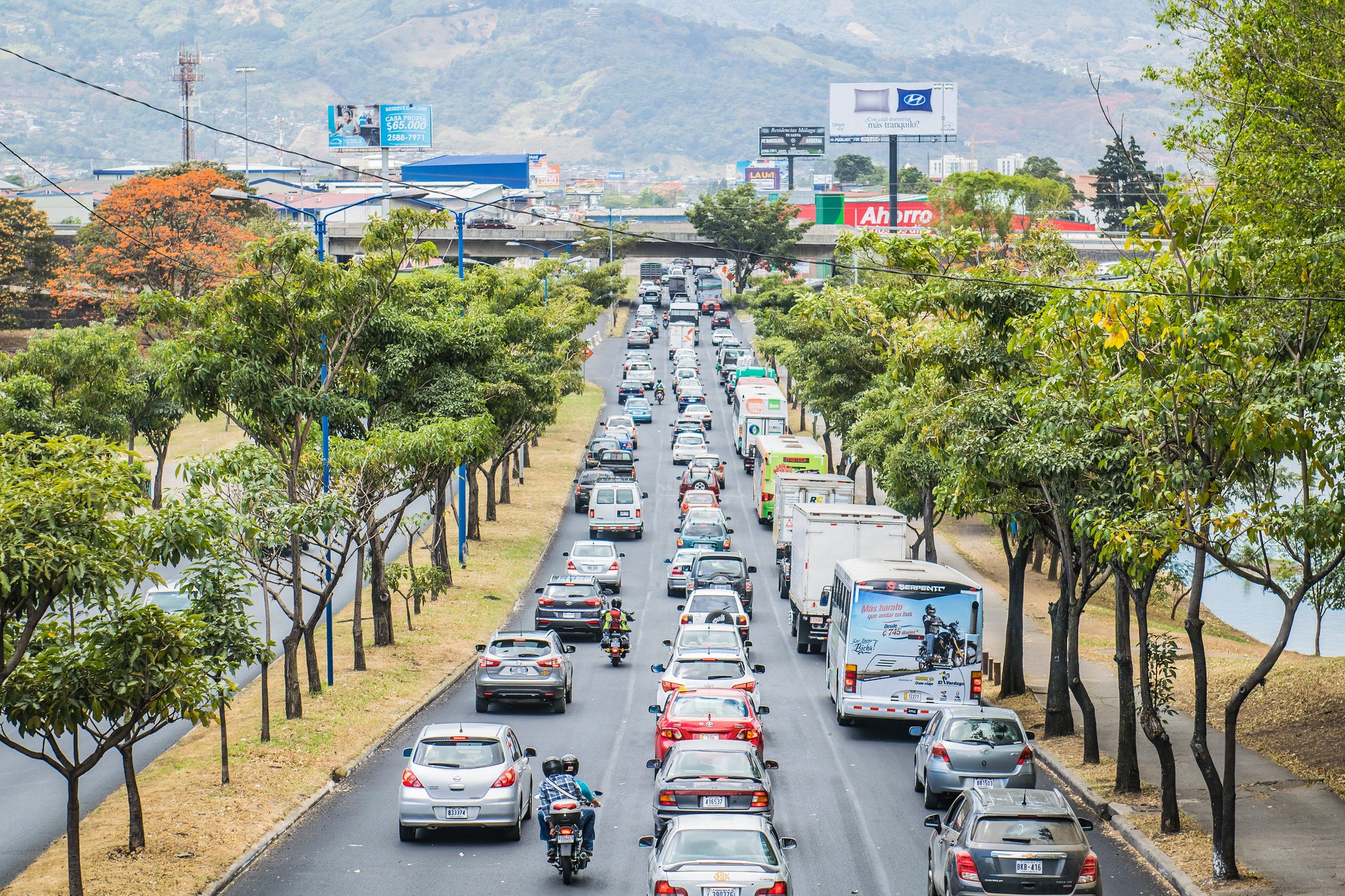As part of its 2018-2050 National Decarbonization Plan to address the climate crisis and improve the quality of life of citizens, Costa Rica presented financial, fiscal, tariff and infrastructure solutions that will boost the electrification of public transport. By committing to support and accompany this national objective, he assumed his regional leadership.
In the framework of the meeting prior to the Conference of the Parties to the Framework Convention on Climate Change (Pre-COP) in San José at the beginning of October, the government announced actions for the electrification of national public transport. The Instituto Costarricense de Electricidad (ICE) will facilitate the basic and cargo management infrastructure required by electric bus operators.
In addition, public banks will offer attractive lines of credit for the purchase of electric vehicles (private, taxi and buses), while the regulator of public service tariffs, the Regulatory Authority of Public Services (ARESEP), will establish a special electric tariff for charging electricity nationwide.
These actions are part of the program provided for in Law No. 9518, “Law on incentives and promotion for electric transport”, which establishes as a mandate the gradual replacement of the bus fleet to electric buses at a rate not less than 5% of Vehicles every two years. This law contributes to Costa Rica approaching the goal defined in its Nationally Determined Contribution (NDC) under the Paris Agreement. In its NDC, a 44% reduction in emissions and a 100% renewable energy matrix by 2030 were set as a goal.
The 2018-2050 National Decarbonization Plan covers ten decarbonization measures and eight cross-cutting strategies in the five economic areas that most contribute to greenhouse gas emissions: transport, industry, waste, agriculture, forestry and other land uses. For example, the plan proposes that by 2050 85% of the public transport fleet be zero emissions and 95% of the private transport fleet be electric.
Under the strategy of the Presidency of Costa Rica, ICE will finance and facilitate the basic charging infrastructure required by operators of public transport concessions to start the service using electric buses. This infrastructure includes electricity distribution networks, transformers and smart measurement. With this, ICE will assume the financial and administrative costs, which usually fall on the operators. Additionally, the ICE will provide technical support to the operators during the electric charging processes in the charging bays to ensure that it is carried out efficiently.
To this, the proposals of the public banks are added, consisting of lines of special credit for the acquisition of electric vehicles that incorporate specific programs for new buses. These lines of credit are competitive compared to other financing options in the banking market, usually offered to fossil fueled vehicles.
A new tariff model for electric public transport
The creation of a tariff model that encourages a new model of electric public transport is necessary. Therefore, ARESEP has announced that by 2020, Costa Rica will have an electric tariff for electric buses nationwide. The fare will be flat and will facilitate the loading of buses at the campuses. The new tariff is expected to send adequate signals about the competitiveness of these technologies due to their low operating costs.
The IDB is working with national and local governments in the region to unlock the potential of clean technology buses, through technical support, financing, risk management and access to concessional loans. The objective of this regional technical cooperation is to help countries and cities overcome the barriers that prevent further adoption of electric buses.
From an economic perspective, the higher costs of electric buses [1] (CAPEX or captive expenditure) can be offset by their long-term benefits in terms of lower operating costs (OPEX). Financial viability, from the operator’s perspective, depends on variables such as the rate of recovery of the tariff, the availability of operating subsidies, financial costs, fuel and electricity prices, etc.
From the government’s point of view, the feasibility of incorporating new technologies depends on their fiscal capacity, considering the need to recover higher initial costs. The economic, financial and fiscal viability is vital to guarantee the success of the adoption of buses with clean technology. The IDB works with local and national, public and private partners to help develop customized business models at the local level that can accelerate the implementation of sustainable solutions in the region.
Costa Rica has been characterized by its leadership in the implementation of mitigation measures and actions. Today, more than 95% of the electricity generation portfolio in the country is free of emissions and the government continues to implement decarbonization strategies that include electromobility.
Related Blogs:
Is it possible to achieve carbon-free prosperity?
How much is it going to cost to decarbonize the transport sector in Costa Rica?
Photo Copyright: Ciudades Sostenibles BID


Leave a Reply